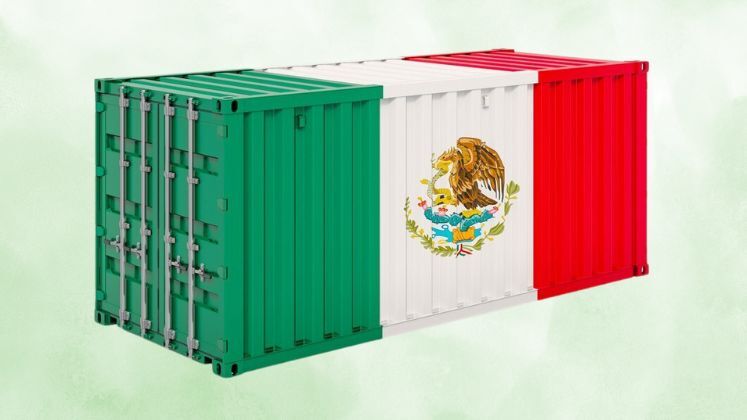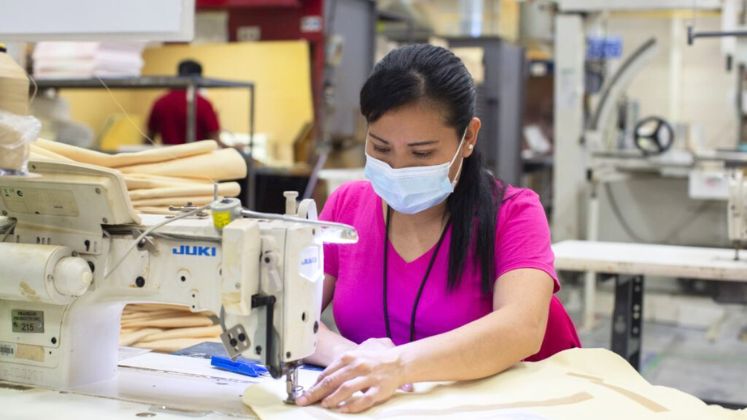Mexican President Claudia Sheinbaum has introduced a decree that effectively ends the “border-skipping” strategy widely used by US e-commerce companies to circumvent tariffs on Chinese imports.
The decision primarily impacts apparel imports and is expected to reshape the logistics and trade strategies of many businesses operating between Mexico, USA and China.
For years, US companies relied on a loophole under Section 321 of US customs law, which allows duty-free entry for shipments valued at US $ 800 or less. By importing Chinese goods into Mexico, repackaging them and shipping them to US customers as individual orders, businesses effectively avoided paying US tariffs.
This approach enabled companies to leverage the cost advantages of operating in Mexico, including lower labour expenses and reduced tariff burdens while maintaining seamless delivery systems that mirrored domestic shipping.
The decree introduces significant changes to Mexico’s trade policies. Import duties on 121 apparel products and 17 made-up textiles have been increased to 35 per cent, up from the previous range of 20-25 per cent.
Additionally, 17 textile-related tariff categories now face a 15 per cent duty, a rise from 10 per cent. The policy also restricts the temporary importation of finished products such as clothing and textiles – classified under HTS Chapters 61, 62 and 63 – under Mexico’s IMMEX program, which was previously a major incentive for manufacturers.
These measures apply immediately, even to goods currently in transit, forcing businesses to confront sudden and unexpected costs. The decision, however, has sent ripples through the e-commerce industry as companies heavily dependent on the border-skipping strategy are now compelled to re-evaluate their supply chains.
Many large US e-commerce platforms which previously relied on this cost-saving model now must adapt quickly to avoid disruptions. At the same time, the policy shift is viewed as a strategic move to bolster Mexico’s domestic textile and apparel manufacturing sectors.
By curbing the influx of Chinese goods that exploit tariff loopholes, the Government aims to generate significant employment opportunities within the country.
Industry experts believe the move will significantly benefit Mexico’s economy. Aaron Rubin, CEO of ShipHero, pointed out that manufacturing textiles locally has the potential to create up to ten times more jobs than operating as a logistics hub for third-party goods.
Rubin also predicted that companies relying on the Section 321 loophole for apparel imports through Mexico would likely exit the market immediately due to the abrupt nature of the changes.
This policy reflects Mexico’s broader ambition to strengthen its industrial base and improve the livelihoods of its workers.








